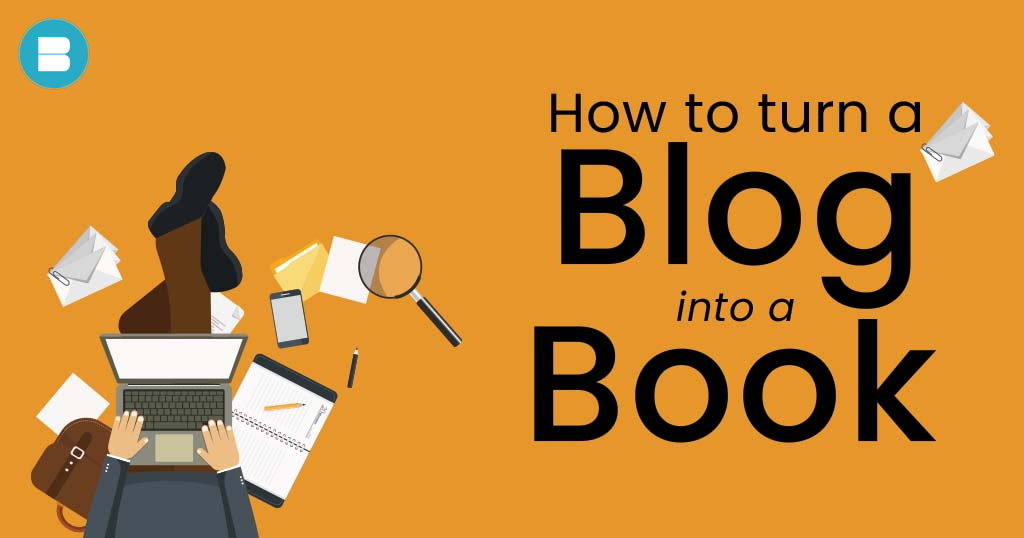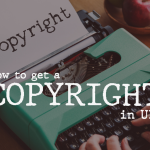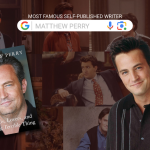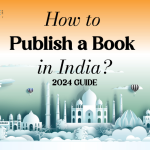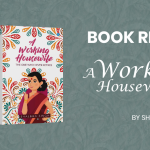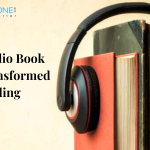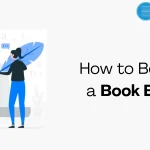Blogging has become a popular way for individuals to express themselves, share their knowledge, and connect with others. However, some bloggers may want to take their content to the next level by turning their blog into a book. In this article, we will explore some tips and strategies for successfully turning a blog into a book.
Read: Here’s a list of Most successful career development books of all time.
Here are top 5 tricks and strategies on how to change your blog into a book:
- Start with a plan
When you’re considering turning your blog into a book, it’s important to start with a plan. This plan will be the foundation of your book, and it will guide you through the writing process. To begin, review your blog content and identify the themes or topics that stand out. What do you want to say in your book, and how do you want to say it? These are important questions to consider as you develop your plan.
Once you have a clear idea of what you want to focus on in your book, it’s important to think about your book’s purpose and your target audience. Ask yourself what you hope to achieve with your book.
Do you want to educate readers on a specific topic, or do you want to inspire them with your personal story? Understanding your book’s purpose will help you stay focused and ensure that your content aligns with your goals.
Similarly, consider who your target audience will be. Who do you want to read your book? What age group or demographic are you targeting? Knowing your audience will help you write in a way that resonates with them, and it will ensure that your book is appealing to the right people.
Once you have a clear vision of your book’s purpose and target audience, you can begin organizing your content. Consider how you want to structure your book. Will it be organized chronologically, thematically, or by chapters? This is where having a plan comes in handy.
By mapping out your content and structure ahead of time, you’ll be able to create a cohesive narrative that flows from beginning to end.
- Edit and refine your content
Editing and refining your blog content is a critical step in turning it into a book. Blog posts are often written in a more casual and conversational tone, which may not be suitable for a book. Therefore, it’s essential to go back through your content and make necessary adjustments to ensure that it meets the standards of a book.
Start by reading through your blog content and identifying any repetitive or unnecessary information that may not be relevant to your book’s theme or message. This will help you streamline your content and focus on the most critical aspects of your writing.
Read: Learn complete difference between proofreading & editing? What do you need?
Next, work on refining your writing style. A book requires more polished and refined writing than a blog post, so you’ll need to pay attention to the language you use, the sentence structure, and the overall flow of your writing. Consider hiring a professional editor to help you with this process, as they can provide valuable feedback and guidance on how to improve your writing.
Another essential aspect of editing your blog content is to ensure that it tells a complete story. While individual blog posts may be standalone pieces, your book should have a cohesive narrative that takes readers on a journey. Ensure that your content flows well and that each chapter builds on the previous one to create a complete and compelling story.
- Create a framework
Creating a framework for your book is an essential step in turning your blog into a cohesive and readable book. It involves taking the blog content you have edited and refined and organizing it into a structure that will make sense for readers.
The first step in creating a framework is to identify the key themes or topics that your book will cover. These themes will likely emerge from your blog content, so you can review your blog posts and identify common threads that tie them together. Once you have identified these themes, you can start to group related blog posts together into chapters or sections.
When organizing your content, it’s essential to consider the order in which readers will encounter it. You may want to begin with an introduction that sets the tone for your book and provides context for your readers. From there, you can organize your chapters or sections in a way that builds on the previous ones and leads readers to the next.
To make your book more accessible to readers, you may also want to use headings, subheadings, and bullet points to break up your content. This will make it easier for readers to skim through the book and find the information they are looking for.
Additionally, using visual aids such as charts, tables, or illustrations can help make complex ideas more accessible and engaging for readers.
Creating a framework is an iterative process, so you may need to revise your structure as you go. As you work through the content and organization, ask yourself whether the framework supports your book’s purpose and audience. If it doesn’t, adjust it accordingly until you find a structure that works for you and your readers.
- Add new content & Focus on readability
To ensure that your book is readable, you should also consider the layout and design of your book. Use clear and legible fonts, proper spacing, and appropriate formatting to make your book look professional and easy to read. You may also want to include images, graphs, or charts to help illustrate your points and make your book more visually appealing.
In addition to the physical aspects of readability, you should also focus on the content itself. Make sure that your book is well-organized and follows a logical sequence.
Use headings and subheadings to break up your content and make it easier for readers to navigate. You should also pay attention to your tone and writing style, ensuring that your book is conversational and engaging. Avoid using technical jargon or overly complicated language that may confuse your readers.
Ultimately, readability is key to creating a book that readers will enjoy and recommend to others. By focusing on making your book easy to read and understand, you can increase the chances of it being successful and reaching a wide audience.
- Hire an editor
Hiring an editor is a crucial step in the process of turning your blog into a book. An editor can help you refine your writing and ensure that your book is of high quality. When looking for an editor, it’s important to find someone with experience in your genre and who understands your audience.
An editor can provide a fresh perspective on your writing and help you identify areas that may need improvement. They can also suggest changes to improve the overall flow and readability of your book. This includes making suggestions for revisions to the structure, content, and writing style.
In addition to providing feedback on your writing, an editor can also help you format your book for publishing. They can advise you on issues such as font size, spacing, and margins, as well as ensuring that your book meets the requirements of your chosen publishing platform.
Finally, an editor can provide guidance on how to promote and market your book. They can advise you on how to create an effective book description, craft a compelling author bio, and create a professional book cover. They may also be able to suggest strategies for reaching your target audience and generating buzz around your book.
Read: Here’s a list of most famous female poets of all time.
In conclusion, turning a blog into a book can be a challenging but rewarding process. By following the tips and strategies outlined in this article, you can transform your blog content into a polished and engaging book that resonates with your readers.
Remember to start with a plan, edit and refine your content, create a framework, add new content, focus on readability, and hire an editor to ensure your book is a success.
Publish your book for free with BlueRoseONE and become a bestselling author. Don’t let your dream of becoming an author fade away, grab the opportunity now and publish your book – be it fiction, non fiction, poetry or more.

